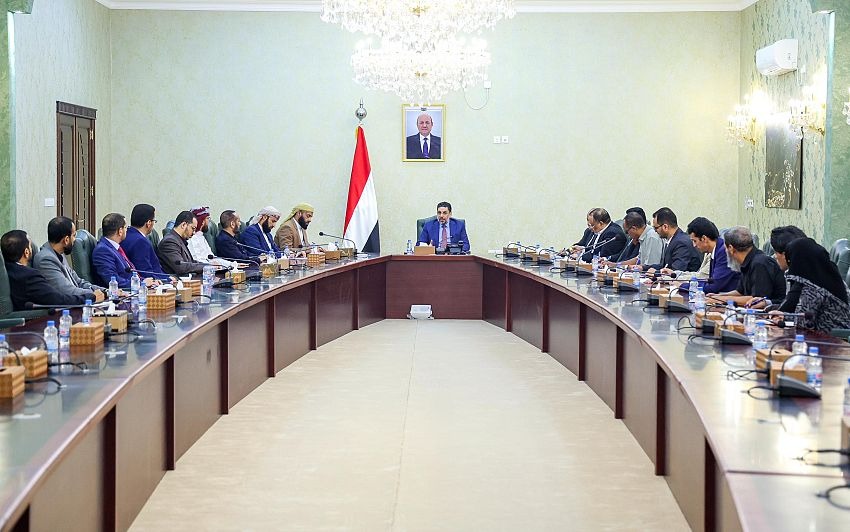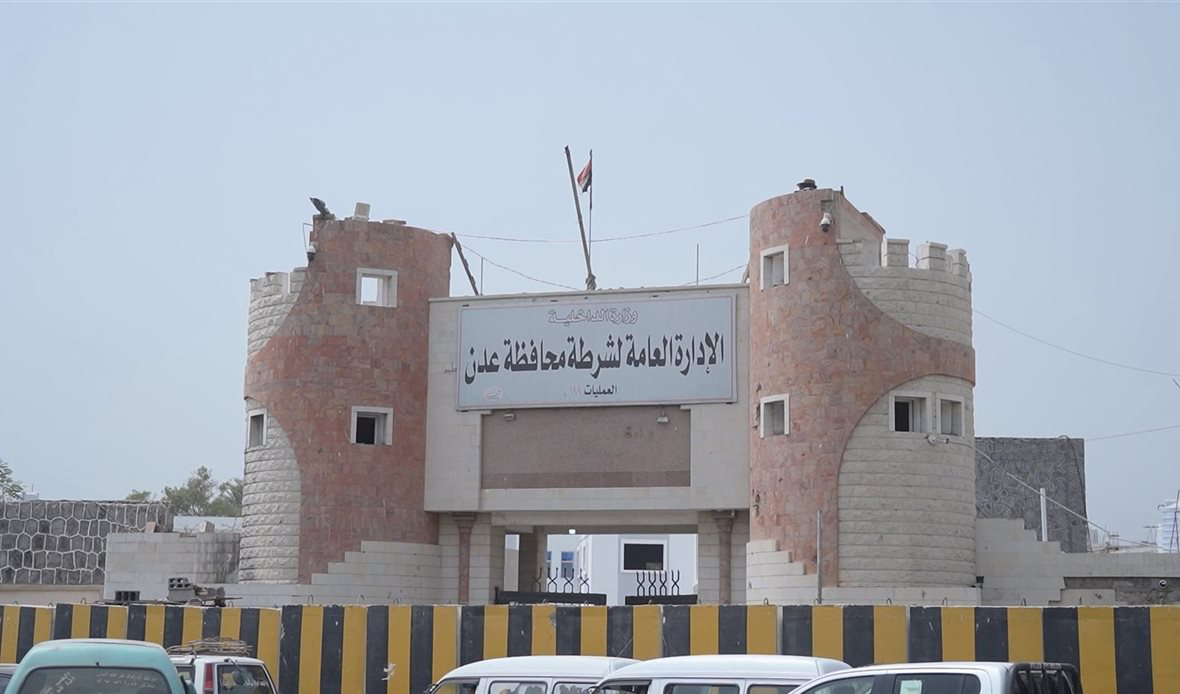
Barran Press
Yemeni Prime Minister Ahmed bin Mubarak has ordered a comprehensive review of the Ministry of Awqaf and Guidance's operations following concerns over financial and administrative irregularities during the recent Hajj pilgrimage.
The Prime Minister convened a meeting on Tuesday, August 6th, 2024, with the Ministers of Awqaf and Finance, along with senior officials from both ministries. The meeting focused on the 1445 Hajj season and the shortcomings that arose.
According to the official Yemeni news agency Saba, Prime Minister bin Mubarak instructed a detailed review of all aspects of the Ministry of Awqaf's work since 2015. He also ordered the addressing of any administrative and financial discrepancies to enhance the ministry's effectiveness in fulfilling its duties, particularly in the Hajj and Umrah sectors.
The Prime Minister emphasized the importance of taking serious, transparent, and accountable action to address all instances of alleged corruption. He stressed the need for financial compliance measures to be implemented across all government ministries, institutions, and agencies, with the support of the Presidential Leadership Council. He declared that there would be no tolerance for any violations.
Bin Mubarak also highlighted the need to learn from past Hajj season mistakes and prepare for the upcoming season by ensuring the provision of optimal services for Yemeni pilgrims. He stressed the importance of listening to complaints and feedback and addressing them proactively.
The Minister of Awqaf, Mohammed Shabiba, presented a report on the performance of the 1445 Hajj season, outlining the services provided to Yemeni pilgrims, their journey from departure to completion of the pilgrimage, and their safe return home. He also discussed the measures taken to evaluate the results, aiming to improve services continuously and leverage lessons learned for future seasons. He addressed the organization of Umrah activities, highlighting the challenges faced by the mission and proposing solutions.
Following the conclusion of the Hajj season on July 17th, a circulating document accused the Ministry of Awqaf of illegally spending 327 million Saudi Riyals, prompting a response from the Ministry of Finance. The document, a memo from the Ministry of Finance to the Minister of Awqaf, detailed the Ministry of Finance's refusal to provide the Ministry of Awqaf with 2 million Saudi Riyals requested to cover Hajj mission expenses. The memo cited the Ministry of Awqaf's failure to submit a spending plan for operational and pilgrim service expenses.
The memo further alleged that the Ministry of Awqaf had transferred over 327 million Saudi Riyals from its current accounts.
On July 19th, the Ministry of Awqaf issued a statement acknowledging the authenticity of the circulating memo. While acknowledging it as part of routine coordination and monitoring procedures between the Ministry of Finance and other government entities, the Ministry of Awqaf accused certain parties of spreading misinformation and launching malicious campaigns against its leadership.
The Ministry of Awqaf asserted its adherence to all required regulations and procedures for receiving and transferring pilgrim service funds. It emphasized that all financial transactions, accounts, and expenditures within the Ministry are subject to the supervision and audit of the Central Audit and Accounting Authority, the legally mandated body responsible for monitoring and auditing financial procedures and transactions.
The Ministry explained that the amount mentioned in the circulating memo represented the total paid by 24,255 Yemeni pilgrims through accredited facilities across the country for services including accommodation in Makkah and Madinah, transportation between holy sites, meals in Makkah and Madinah for 15 days, inter-city transportation (airport – Makkah – Madinah), unified agent office services, camp fees in the holy lands, and other services.
The Ministry clarified that it had opened official bank accounts authorized by the Ministry of Finance of the internationally recognized government and the Central Bank of Yemen in Aden. All pilgrim funds were deposited into dedicated accounts and then transferred legally and systematically to the entities contracted to provide services to pilgrims in the holy lands, including accommodation, transportation, meals, and camps.
The Ministry emphasized that these funds were not from the Ministry of Finance or the government and were not owned by the Ministry of Awqaf. These were pilgrim funds deposited into the Hajj program account at Al-Qatibi Bank, with the knowledge of the Ministry of Finance and the Council of Ministers. These funds were then transferred to Al-Ahli Bank in Saudi Arabia and subsequently deposited into the Saudi Ministry of Hajj and Umrah's electronic system to pay for services such as accommodation, meals, transportation, and other services.
The Ministry explained that it was exempted from the Ministry of Finance's regulations regarding the use of its accounts at Al-Qatibi Bank due to the specific nature and sensitivity of serving pilgrims and Umrah performers to the Holy House. The Ministry assured that all funds for Yemeni pilgrims were received at Al-Qatibi Bank under the supervision of the Central Bank in Aden.
The Ministry confirmed that the transfer of pilgrim service funds was conducted through official memos from the Central Bank to Saudi Arabia. These funds were deposited into the account of the Saudi Ministry of Hajj and Umrah's Alam Company at Al-Rajhi Bank.





